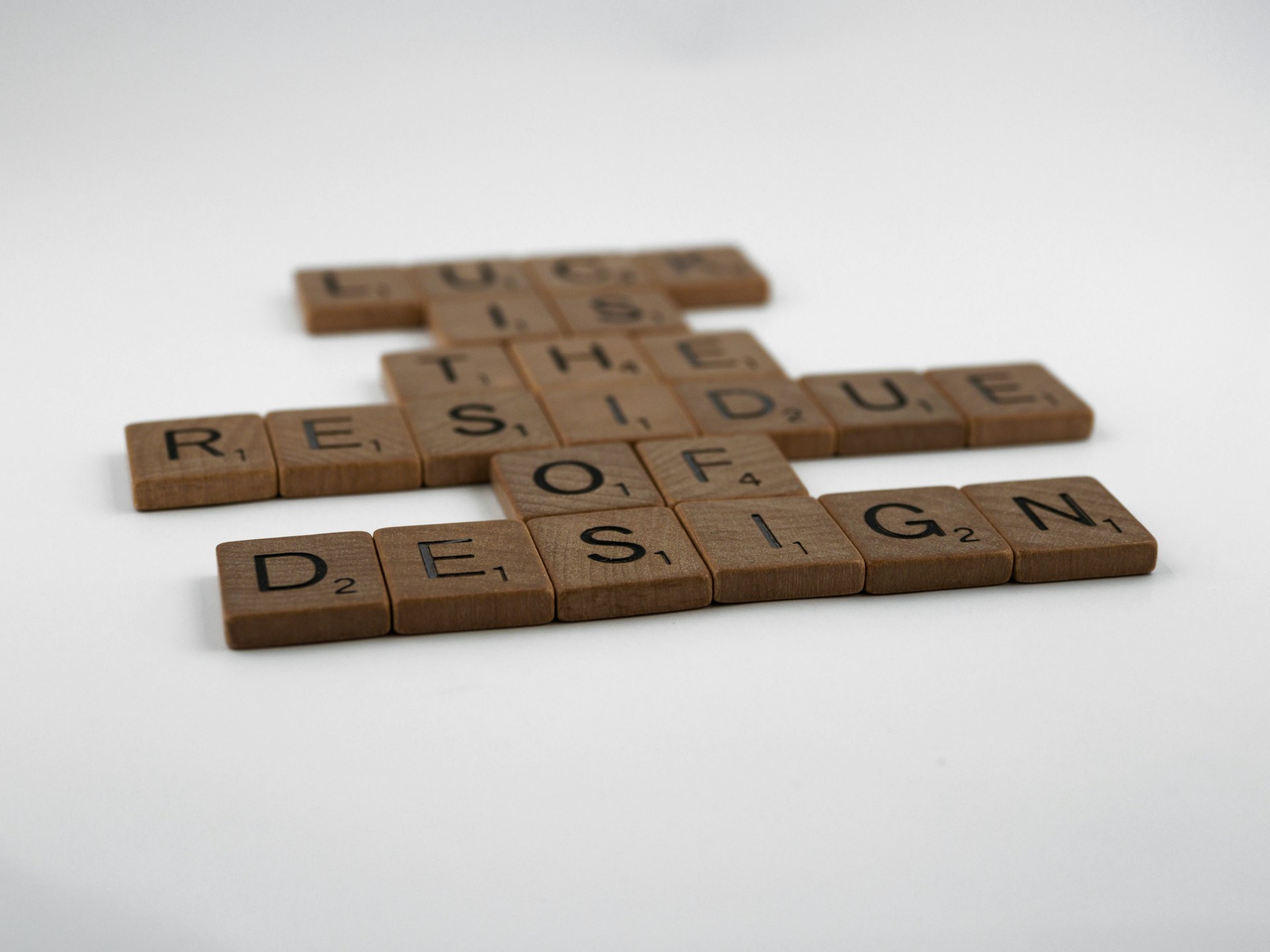Unlocking Wellness Through Practical Gratitude Habits

Photo by Amelia Bartlett on Unsplash
Introduction
In a fast-paced, demanding world, the pursuit of wellness is more important than ever. Among various approaches to holistic well-being, gratitude practices stand out as scientifically supported, accessible tools for enhancing both mental and physical health. This article explores the transformative benefits of gratitude, explains the underlying science, and offers detailed, actionable strategies to help you integrate gratitude into daily life for measurable improvements in wellness.
The Science Behind Gratitude and Wellness
Gratitude is more than a fleeting positive emotion. Research over the last two decades has established that consistent gratitude practices can yield tangible improvements in happiness, stress management, resilience, and even physical health. Expressing gratitude-whether through journaling, verbal acknowledgment, or written notes-can increase levels of dopamine and serotonin, neurotransmitters that drive feelings of pleasure and satisfaction. This positive feedback loop not only boosts mood but can also help reduce symptoms of anxiety and depression [1] .
One well-known study found that participants who wrote gratitude letters reported significantly better mental health up to 12 weeks later compared to those who did not undertake the practice [2] . Other research has shown that grateful individuals experience fewer common health complaints such as headaches and sleep disturbances, and demonstrate better heart health and immune function.
Key Benefits of Gratitude Practices
Gratitude impacts wellness across multiple domains:
- Emotional Well-Being: Regularly acknowledging what you appreciate increases optimism and contentment while reducing negative emotions.
- Stress Reduction: Practicing gratitude lowers cortisol levels-the body’s primary stress hormone-leading to enhanced resilience and emotional balance [1] .
- Relationship Strengthening: Acts of gratitude foster deeper connections, trust, and positive communication, creating a “chain reaction” of goodwill in social and professional life.
- Physical Health: Studies suggest gratitude can help reduce blood pressure, support heart health, and promote restorative sleep by encouraging relaxation and lowering stress [2] .
- Promoting Healthy Habits: Grateful individuals are more likely to exercise, eat well, and avoid substance misuse.
Step-by-Step Guide to Implementing Gratitude Practices
Integrating gratitude into your daily routine does not require significant time or resources. Here are actionable methods you can adapt to your lifestyle:
1. Start a Gratitude Journal
Dedicate a few minutes each day to write down three things you are grateful for. This could be as simple as a pleasant conversation, a warm meal, or the support of a friend. Over time, this habit rewires your brain to focus on positive experiences and helps you manage stress more effectively. If you miss a day, simply resume without self-judgment-the key is consistency, not perfection.
Example:
Every night before bed, jot down three moments from the day that brought you joy or relief. After one month, reflect on these entries to notice patterns and shifts in your mood.

Photo by THLT LCX on Unsplash
2. Write Gratitude Letters
Expressing appreciation to others not only benefits the recipient but also enhances your own well-being. Try writing a letter to someone who has positively impacted your life. You can deliver it in person, via email, or keep it for yourself. Research shows that this practice can have lasting benefits, improving mental health and strengthening social bonds [2] .
Step-by-Step:
Identify one person each week to thank. Write a sincere message outlining why you appreciate them. If possible, share your gratitude directly and notice the effect on your relationship and mood.
3. Practice Mindful Appreciation
Take a moment each day to pause and mentally list things, people, or experiences you value. Mindful gratitude can be practiced during meditation, walks, or even household chores. By focusing attention on the positive, you can reduce rumination on stressors and cultivate a more balanced perspective.
Alternative Approach:
Pair your gratitude reflection with an existing habit, such as brushing your teeth or making morning coffee, to build consistency.
4. Verbalize Gratitude Regularly
Make a habit of expressing appreciation aloud-to family, friends, colleagues, or even strangers. Simple acknowledgments like “Thank you for your help today” can foster goodwill and open lines of communication, enhancing social wellness.
Implementation Tip:
Set a daily goal to verbally thank at least one person. Over time, this practice becomes more natural and impactful.
Overcoming Common Challenges
Many people find it difficult to begin or sustain gratitude practices, especially during periods of stress or adversity. Here are some common obstacles and ways to address them:
- Feeling Inauthentic or Forced: Start small and focus on genuine experiences. It’s normal for gratitude to feel awkward at first; authenticity will grow with practice.
- Forgetting to Practice: Incorporate gratitude into an established routine, such as mealtime or bedtime, to reinforce consistency.
- Negative Mindset: If you struggle to find positive things, reflect on basic comforts like shelter or health. Over time, your ability to notice small positives will increase.
Expanding Your Practice: Community and Professional Resources
For those interested in deepening their gratitude practice, a variety of community programs, apps, and online resources are available. You may find guided gratitude meditations, digital journals, or group workshops through local wellness centers or community organizations. If you prefer structured guidance, consider searching for “gratitude workshops” or “mindfulness programs” offered by universities, mental health organizations, or wellness apps.
If you experience persistent feelings of sadness or difficulty managing stress, seeking professional support can be beneficial. Licensed therapists and counselors can help you integrate gratitude and other evidence-based strategies into a broader wellness plan. Use official directories from professional bodies such as the American Psychological Association or your local health department for verified resources.
Alternative Approaches and Customization
Gratitude practices are flexible and can be adapted to suit individual preferences and cultural backgrounds. Some people may prefer visual art (such as photography or drawing) to capture moments of appreciation, while others might benefit from group discussions or family rituals. The goal is to find a method that resonates and can be sustained over time.
If you are part of a faith community, many religious traditions incorporate gratitude as a spiritual discipline. You may wish to explore gratitude prayers or meditative readings within your tradition. Alternatively, secular approaches like gratitude walks or mindfulness exercises can be just as effective.
Key Takeaways
Gratitude is a powerful, evidence-based tool for enhancing overall wellness. Whether you choose to journal, write letters, verbalize thanks, or practice mindful appreciation, the key is to find a sustainable approach that fits your lifestyle. Remember, even small acts of gratitude can have a profound ripple effect on your mood, relationships, and physical health. For ongoing support, explore local wellness centers, professional directories, or mindfulness organizations for expert guidance.
References
MORE FROM oncecoupon.com













